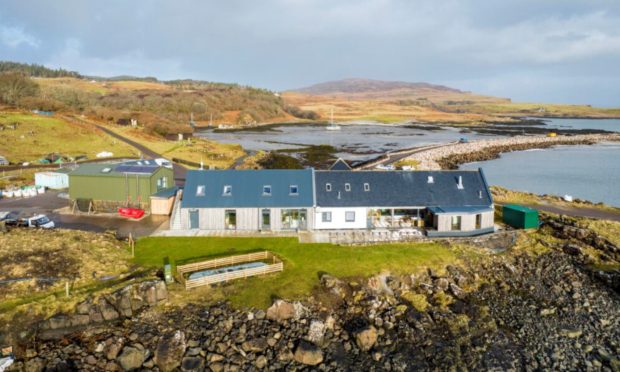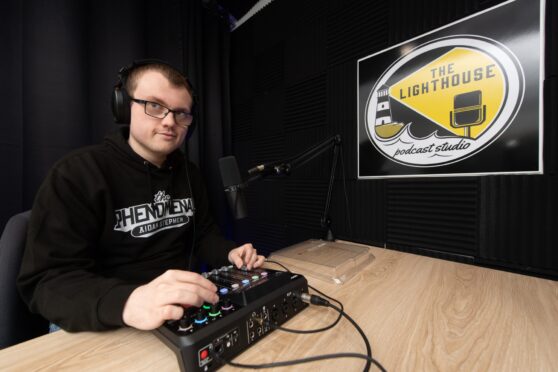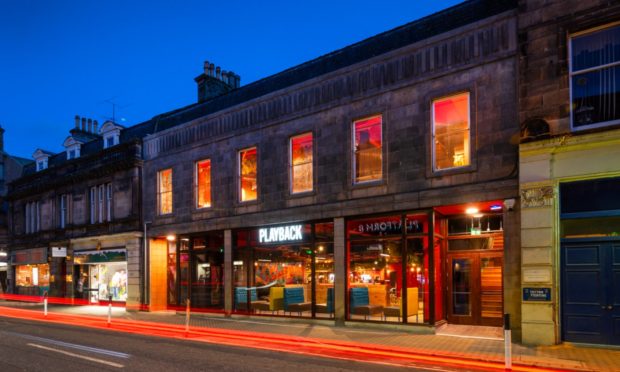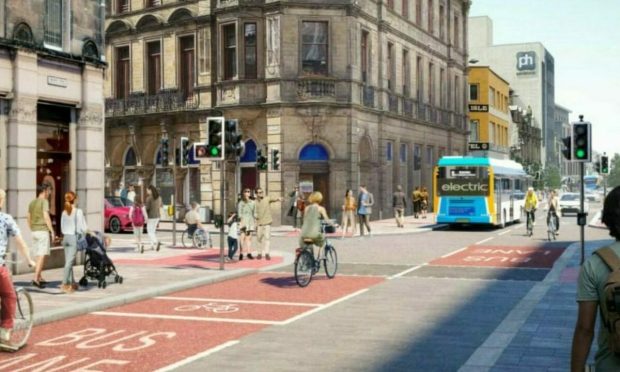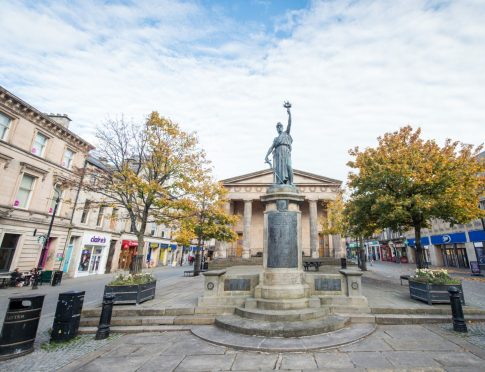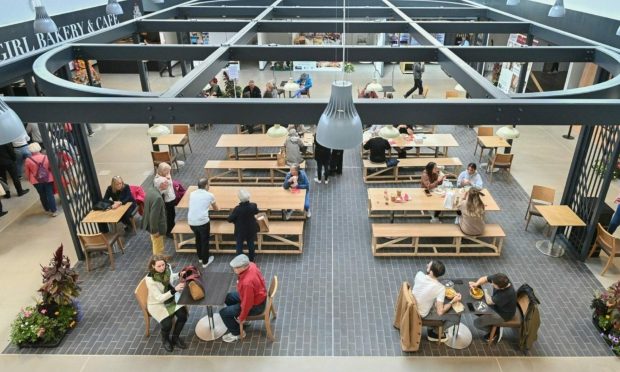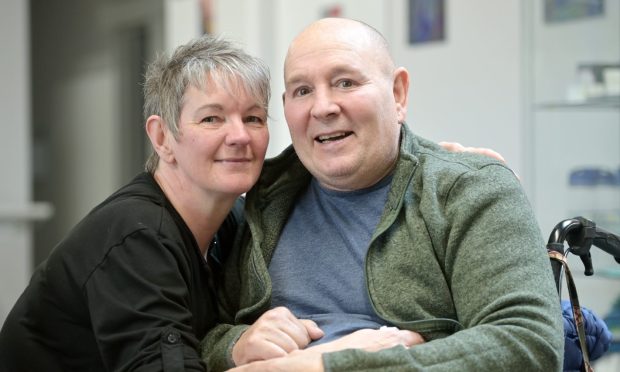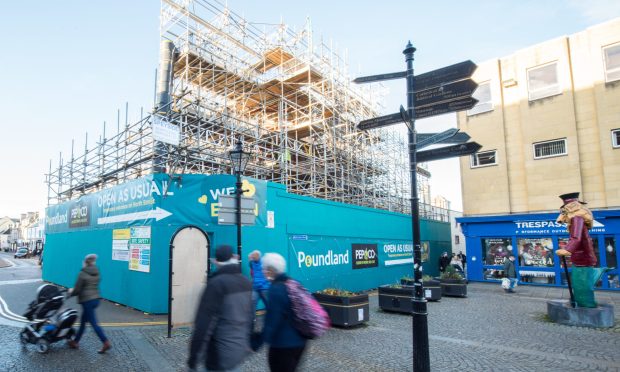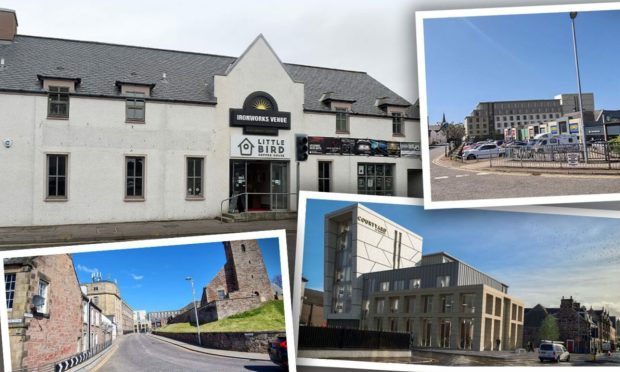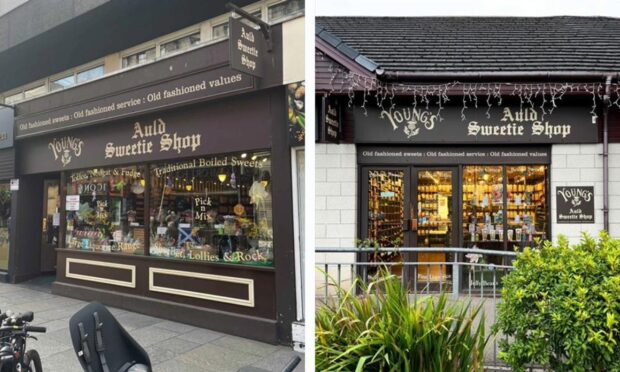Businesses in the north-east should rely on their resilience and expertise to help them through the pandemic, a leading Scottish economist said yesterday.
Professor Graeme Roy, director at Fraser of Allander Institute (FAI), was talking at the Press and Journal’s first virtual business breakfast which took an in-depth look at how the local and national economies can emerge from the global pandemic.
He said that while it was too early to say if Scotland would be more significantly affected by Covid-19, it is possible this would be the case due to the impact on the oil and gas sector.
Mr Roy was one of three speakers before an audience of around 180 viewers yesterday morning.
He joined Deloitte’s senior economist Debapratim De and RBS mentor services director Kevin Connor on addressing what the future looks like as we emerge from the crisis.
Mr Roy said: “Scotland has in the past been quite resilient but the challenge to the oil and gas industry is particularly significant at this point in time both because of the global recession and because of the oil price.
“One of the things I would say is it’s easy to focus on the doom and gloom but there is also opportunities in all of this, and that’s not to downplay it because there are some major challenges but there’s also opportunities in all that.
“So the strengths that have supported the north-east economy in terms of entrepreneurship, its strong business base and the high value of its institutions like its universities and colleges will still be there at the end of this, it’s about how you harness that to support digital working.
“Big changes we knew were coming pre-Covid are still there like the transition to low carbon and climate change which are going to be a priority. We know the fourth industrial revolution is going to be there, so that shift to digital. The knowledge economy is going to be really important, so focusing on the major structural changes we knew were coming in the future is still the right strategy for somewhere like the north-east economy. And while there are major challenges there are also many opportunities. Yes we should remain focused on the challenges but also keep your eye on the prize.”
To watch the breakfast visit
bit.ly/2Yz9qZ3

